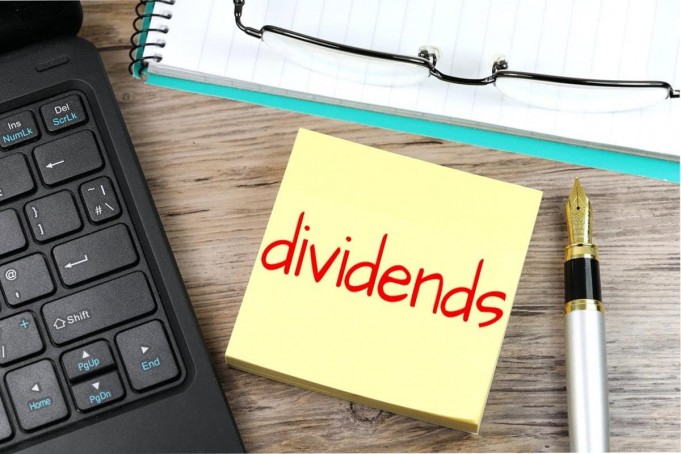One of the best ways to generate income is through a dividend. The investor takes advantage of dividend income along with capital appreciation. The dividend is generally an income that the company may distribute to its shareholders. In dividends, investments should be made in high yielding dividend stocks. Most of the equity investors invest in stocks just to enjoy the dividend. Dividend investing is another good way of earning secondary income as well as enjoying capital appreciation for your invested stocks. However, dividends have both pros as well as cons.
Pros and Cons of Dividends :
Let us discuss the pros and cons of dividends:
Pros of Dividends
Passive Income for a Long Duration
This is the most important advantage of dividends. Dividend investment helps to gain extra income without doing any physical work. However, to make a good income through dividend investing, initially, significant efforts are required. However, as your efforts are applied, you will enjoy high profits.
Double Profit on the Invested Amount
If your stock value goes up by 30% within three years and you received a dividend of 3% per year from the same share, the combined value gained is much higher than that of capital appreciation. When you compare the companies that do not give a dividend, you will notice that you have even earned double profits.
Long-term Investment
When understanding long term investments, you need to think about the concept of buying and holding. In the buying and holding strategy, you may hold the share for a long period. However, as soon as your holding share price rises, you may consider selling them.
Cons of Dividends
No investing strategy can be considered perfect. Along with certain pros, it might have certain cons. Let us discuss some of the cons of dividends:
Low Growth Companies
Most of the companies do not prefer to give dividends to the shareholders. They would rather prefer to reinvest the dividend part in expanding their own business.
High Dividend Payout Risk
A higher dividend payout means that the company is distributing a larger part of their profits. It might be seen as an advantage for the shareholder. However, in the long run, it is beneficial for the investor.
Double Taxation
Companies pay Dividend Distribution Tax (DDT) of approx..15% to pay a dividend to their shareholders. Small investors do not pay any tax on the dividends. However, if the dividend received is more than $10,000, the investor must pay a 10% tax on the capital gains by dividends.
Conclusion
There are several pros and cons of the dividends. Investing in the long term, as well as investing in trustable companies, can lead to higher profit margins. The shareholder may enjoy the dividend if he/she has done adequate research.









